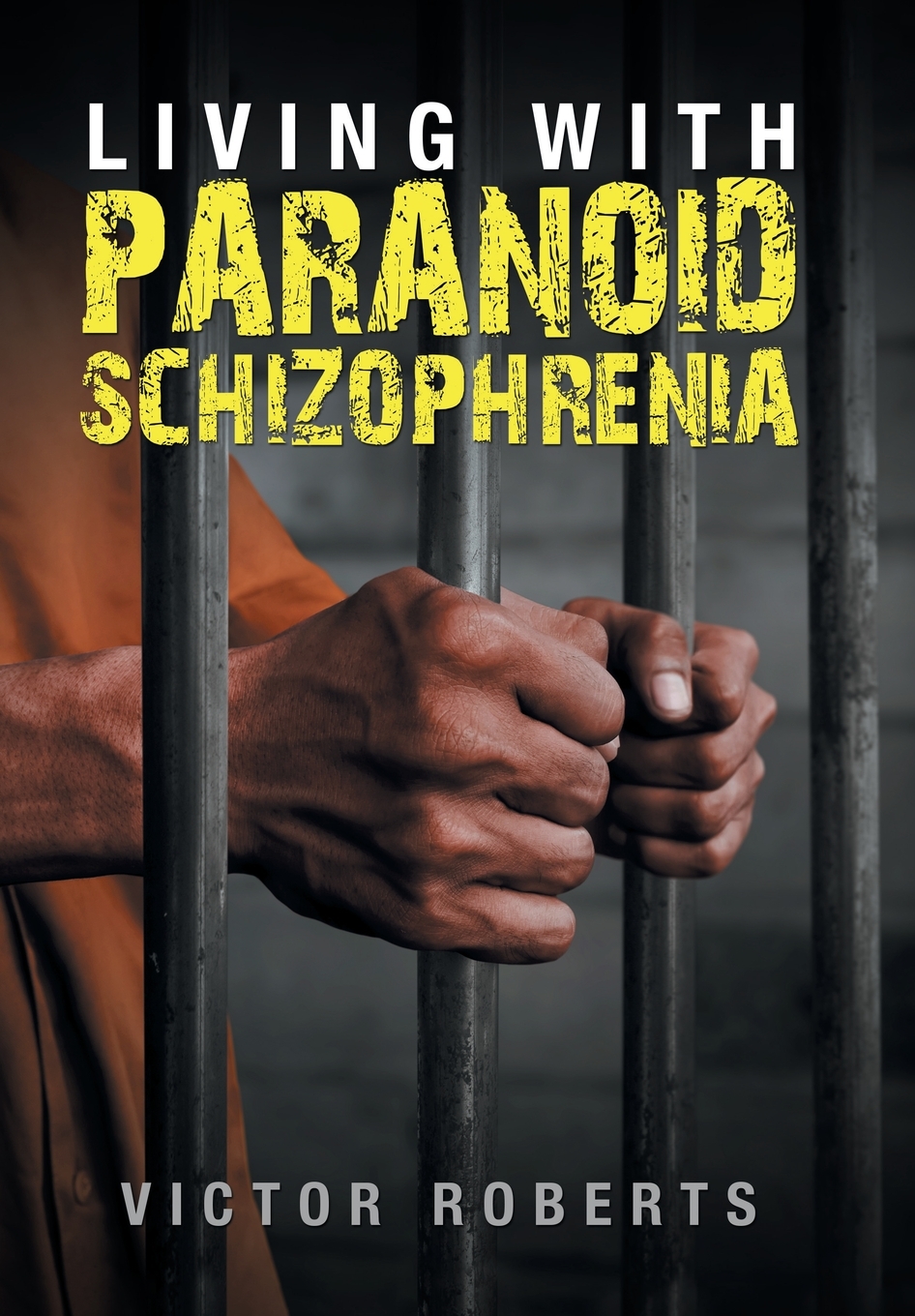

Having a family history of schizophrenia.Risk factorsĪlthough the precise cause of schizophrenia isn't known, certain factors seem to increase the risk of developing or triggering schizophrenia, including: While researchers aren't certain about the significance of these changes, they indicate that schizophrenia is a brain disease. Neuroimaging studies show differences in the brain structure and central nervous system of people with schizophrenia. Problems with certain naturally occurring brain chemicals, including neurotransmitters called dopamine and glutamate, may contribute to schizophrenia. It's not known what causes schizophrenia, but researchers believe that a combination of genetics, brain chemistry and environment contributes to development of the disorder. Or, if you think you can do so safely, take the person to the nearest hospital emergency room.
/what-are-the-symptoms-of-schizophrenia-2953120-cba74c5e1dd942ecafde1824217603f9.png)
Call 911 or your local emergency number immediately. If you have a loved one who is in danger of attempting suicide or has made a suicide attempt, make sure someone stays with that person. Suicidal thoughts and behavior are common among people with schizophrenia. You can contact community mental health agencies or police departments in your area for details. Laws on involuntary commitment for mental health treatment vary by state. In some cases, emergency hospitalization may be needed. If your loved one poses a danger to self or others or can't provide his or her own food, clothing, or shelter, you may need to call 911 or other emergency responders for help so that your loved one can be evaluated by a mental health professional.
PARANOID SCHIZOPHRENIC PROFESSIONAL
Although you can't force someone to seek professional help, you can offer encouragement and support and help your loved one find a qualified doctor or mental health professional. If you think someone you know may have symptoms of schizophrenia, talk to him or her about your concerns. Helping someone who may have schizophrenia So it often falls to family or friends to get them help. People with schizophrenia often lack awareness that their difficulties stem from a mental disorder that requires medical attention.

For example, the person may neglect personal hygiene or appear to lack emotion (doesn't make eye contact, doesn't change facial expressions or speaks in a monotone). This refers to reduced or lack of ability to function normally. Behavior can include resistance to instructions, inappropriate or bizarre posture, a complete lack of response, or useless and excessive movement. Behavior isn't focused on a goal, so it's hard to do tasks. This may show in a number of ways, from childlike silliness to unpredictable agitation.
PARANOID SCHIZOPHRENIC FULL
Yet for the person with schizophrenia, they have the full force and impact of a normal experience. These usually involve seeing or hearing things that don't exist. Delusions occur in most people with schizophrenia. For example, you think that you're being harmed or harassed certain gestures or comments are directed at you you have exceptional ability or fame another person is in love with you or a major catastrophe is about to occur. These are false beliefs that are not based in reality. Signs and symptoms may vary, but usually involve delusions, hallucinations or disorganized speech, and reflect an impaired ability to function. Schizophrenia involves a range of problems with thinking (cognition), behavior and emotions.


 0 kommentar(er)
0 kommentar(er)
